BLOG
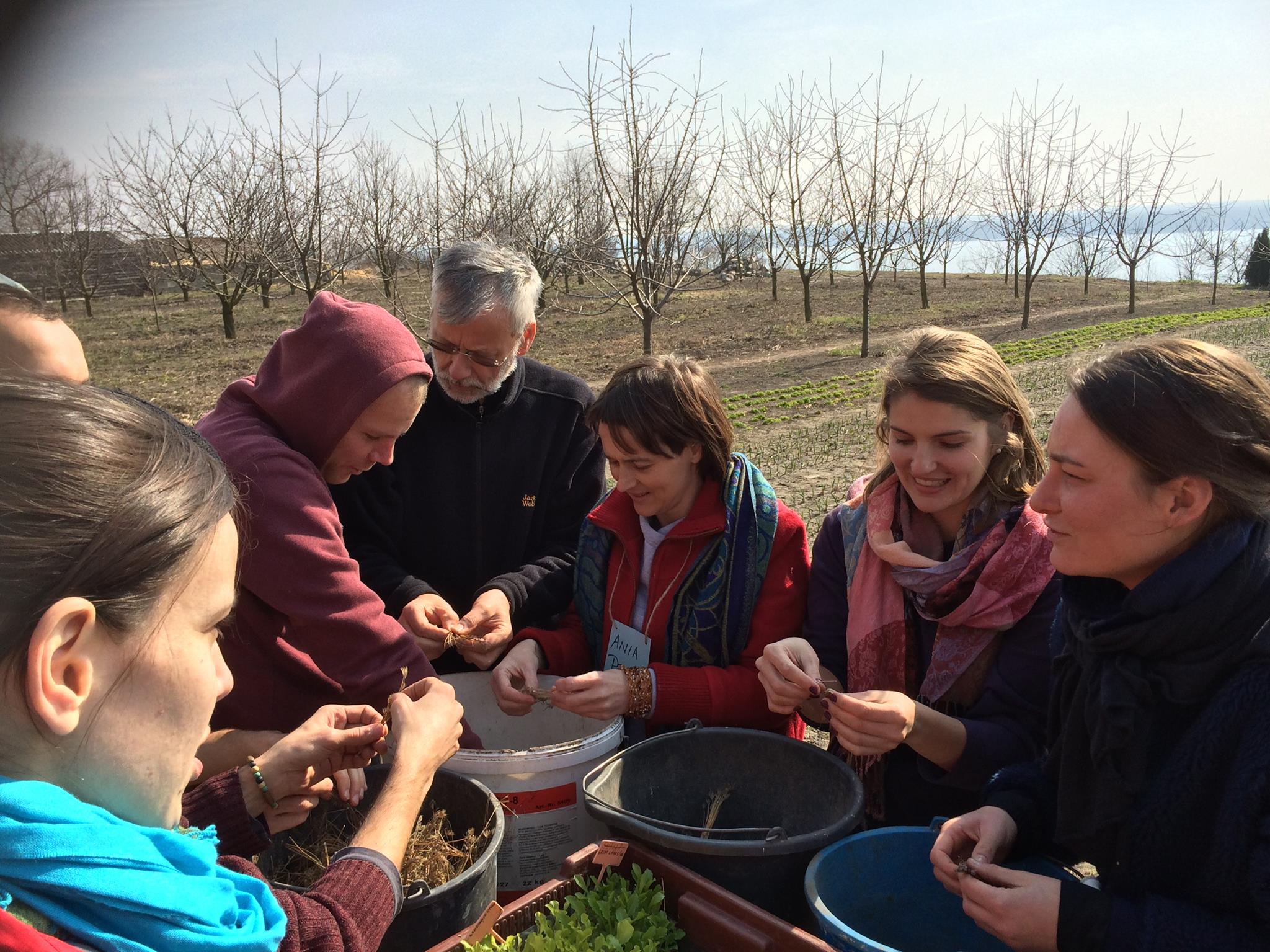
Learning from CSA pioneers: farming, rural development and cooperation with consumers from a Polish perspective
The 5th international gathering of the project „Learning Towards Solidarity-based Food Systems” took place in Poland between 19th and 22nd of March 2015. The event gathered 19 international guests from 7 different countries and another 9 Polish participants representing various initiatives in Poland and abroad. The aim of the gathering

Challenges in solidarity-based food chains, Italy, October 2014
The Italian LeTSFS workshop started on Thursday evening with an aperitif offered by the Amici del Parco Trotter Association. The meeting point was in front of the auditorium (a former church) inside the park, where the participants could meet the organizers and their hosts, as family hospitality was provided by

Urgenci @ Expo dei Popoli – People’s Expo in Milan, June 3rd-5th.
People’s Expo: NGOs’ and Peasant’s Movements’ Response to Feeding the Planet Sustainably Three days of conferences, meetings and cultural events concerning Food Sovereignty and Environmental Justice On June 3rd-5th, the People’s Expo, an international forum of civil society and peasant’s movements brang together over 150 delegates from all over the
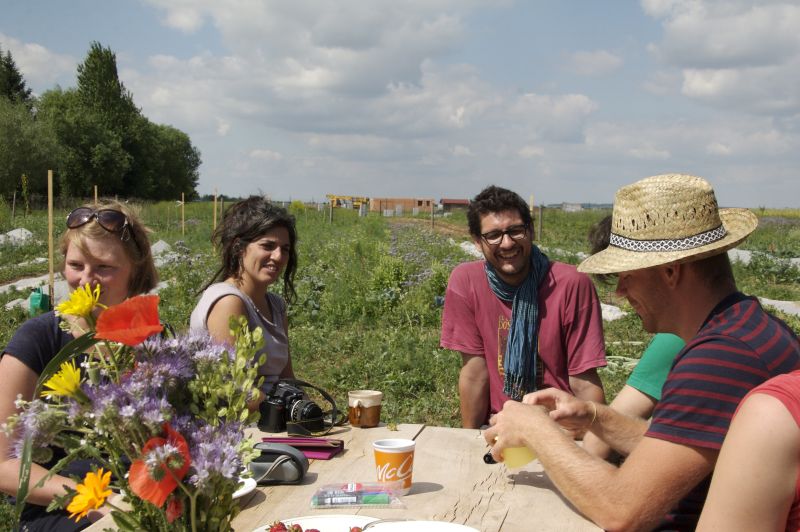
Solidarity Food Open Space, June 2014 in the Czech Republic
Solidarity-food Open space was an event organized within the framework of LetSFS international project in the Czech Republic on 13th to 16th of June 2014. The purpose of the event was to introduce the adult learners from partner countries in the community supported agriculture scheme in practice and then open
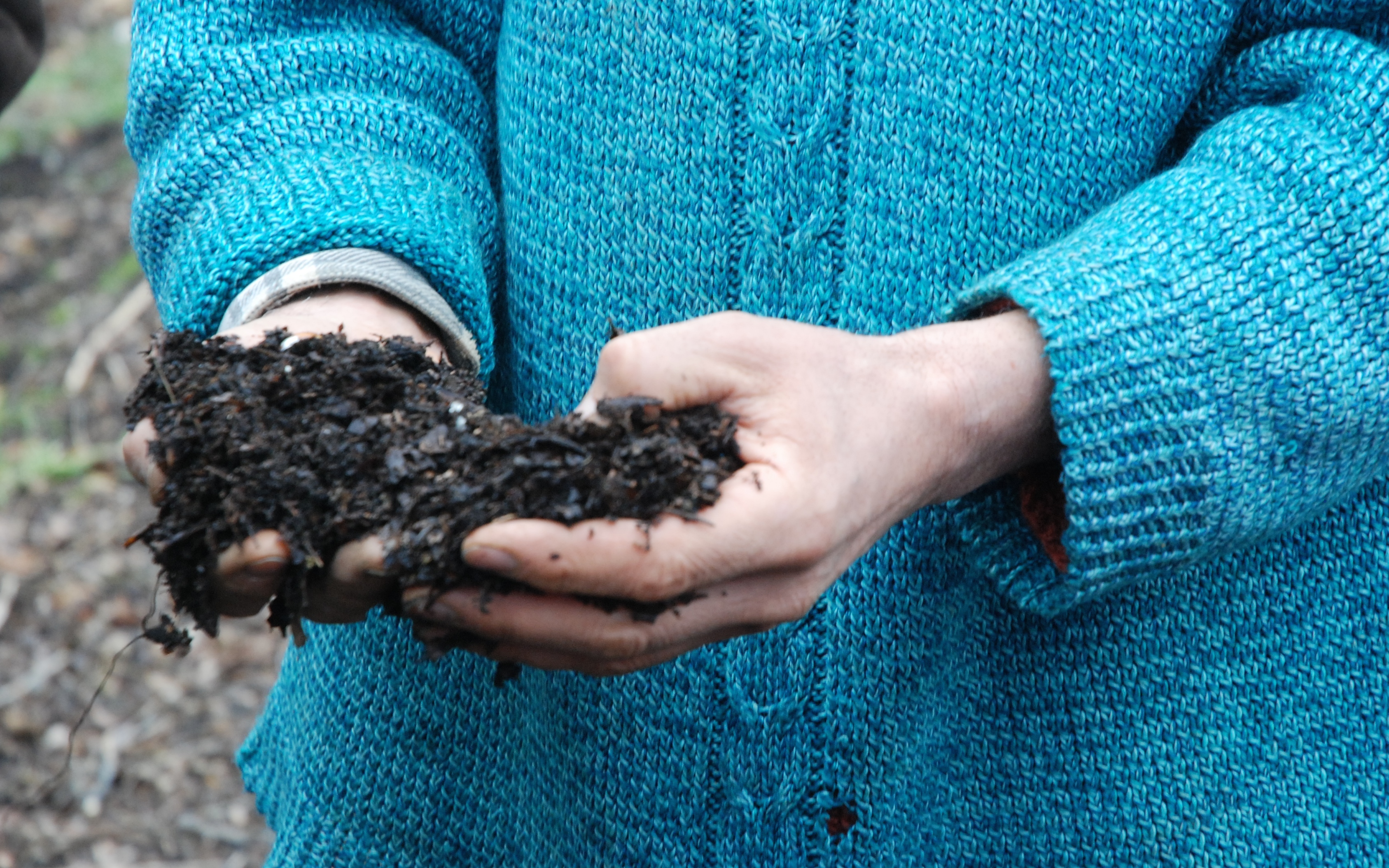
The Common Ground project, Europe – 2015.
According to Urgenci’s estimations, based on the figures collected in 16 different European countries, there were at least 4,000 CSA groups in 2014, involving nearly 465,000 consumers and 6,300 farms. Urgenci and its partners promote CSA as a cross-border and context-sensitive concept rather than a unique model. Our network thus

Second Conference on Good Economy, Zagreb, March 19-21, 2015.
The Second Conference on Good Economy was organised in Zagreb by ZMAG, the Green Network of Activist Groups & Cooperatives for Good Economy from 19th – 21st March 2015. It brought together a slightly eclectic but highly successful mixture of speakers, whose differences actually sparked a very creative mix, under

Job offer/Offre d’emploi
Only in French. Coordonnatrice/coordonnateur pédagogique dans le cadre d‘un projet européen. Urgenci est le réseau international des Partenariats locaux et solidaires entre producteurs et consommateurs ( PLS), qui regroupe, entre autres, les AMAP en France, les CSA nord-américaines et les Teikei japonaises. Les acteurs de ces différents concepts agissent au quotidien pour le développement

World Social Forum, Tunis
Urgenci, together with Habitat International Coalition, RIPESS and La Via Campesina, is organizing a workshop on Reclaiming Local Food Systems at the World Social Forum in Tunis, on March 25th. This workshop will discuss and share the links between the Right to the City platform, the food sovereignty movement, and solidarity
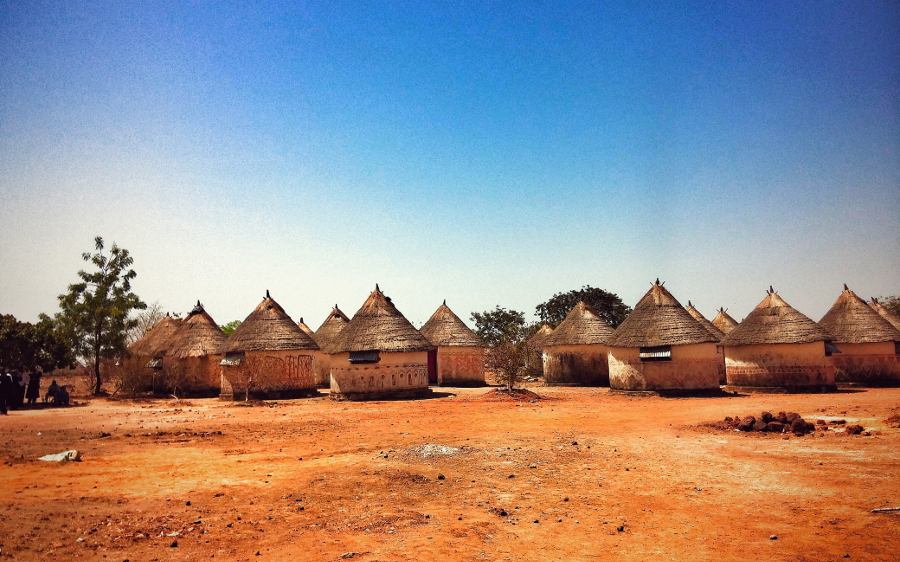
International Agroecology Forum, Mali.
Report on the International Agroecology Forum to address Food Sovereignty, Mali, 24-27 February 2015. This important global meeting was organised by IPC (International Planning Committee for Food Sovereignty), and hosted by the CNOP (Confédération Nationale des Organisations Paysannes) at the Nyéléni training centre in Mali. The main objective was to

Advocating the cause of CSA at the level of the FAO
by Judith Hitchman, Urgenci Advocacy Officer CFS41 in Rome, on October 13-18, 2014, was a particularly active moment for the URGENCI team of Andrea Calori and Judith Hitchman. It proved to be a rich and fruitful outcome of several different levels of work carried out in recent months. Judith had been moderating

Nutrition is not for profit
Nutrition is not for profit: Second International Conference on Nutrition La Via Campesina and URGENCI, jointly with other Social movements, gathered in Rome on November 19-21, 2014, for the Second International Conference on Nutrition (ICN2), where Member States of FAO and WHO are discussing and adopting a framework for action
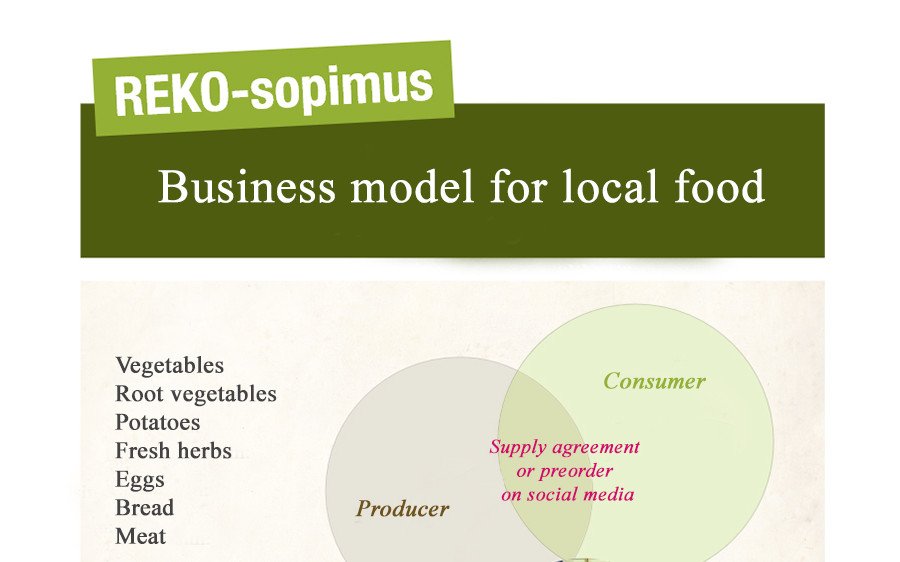
REKO – a winning concept in Finland!
REKO has in a very short period became a great success in bringing producers and consumers together, and at the same time created local networks and logistics for locally produced food. During the last 30-40 years, direct selling from producers to consumers has significantly decreased in Finland. Since a few
